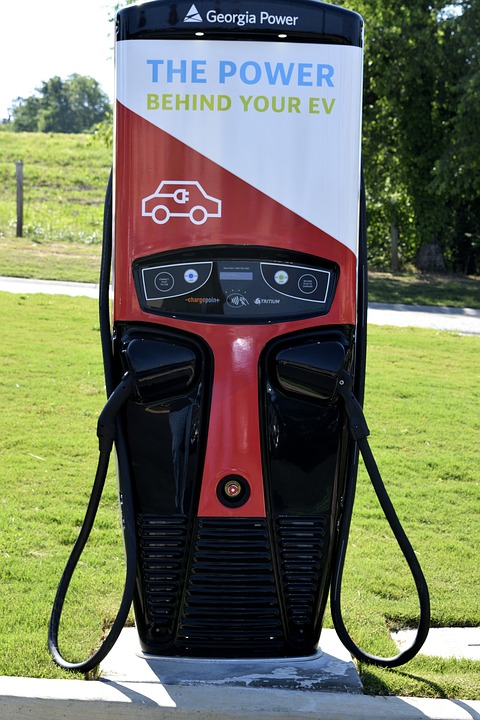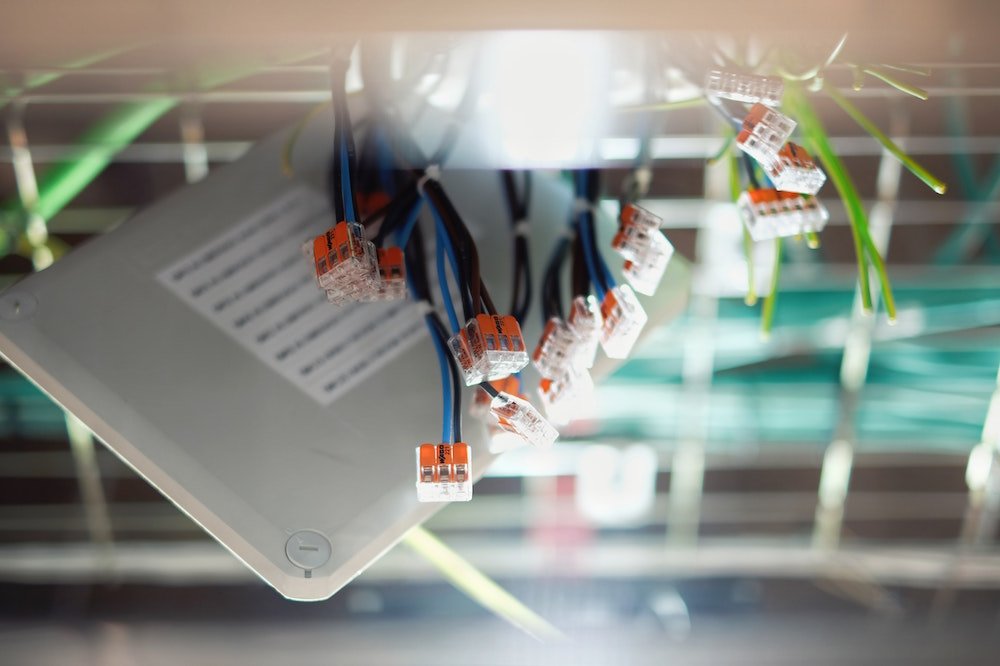What batteries are used in electric vehicles that you, your employees or customers own? It is important that you learn before creating your charging stations, especially if you want to allow other people to use them. New technology might change the way cars operate in the future. For now, most electric vehicles have one of four battery types. CLF will provide the electrical installation services that pertain to one of these batteries or another that you would use in your EVs.
Lithium-Ion
The Tesla Model 3, which also is listed on the topmost efficient EVs, uses this type. The Nissan Leaf also uses it. New power sources might operate EVs in the future, but many models built as recently as 2021 still run using Lithium-Ion. These batteries have a high storage capacity and maintain a steady operating temperature.
Nickel-Metal Hydride
Hybrids usually have the NiMH better installed in them. Hydrogen stores energy in their cells, and they cost less than the Lithium-Ion type. They typically contain titanium or other metal that combines with nickel. They weigh more than the Lithium batteries, and this sometimes negatively affects vehicle performance.
Lead-Acid
This inexpensive battery type has a longstanding history of safety and reliability. However, it does not always perform well in frigid weather. Fortunately, Brisbane experiences more warm and mild winter days than it does freezing temperatures. Therefore, it may be a viable solution for the right vehicle owner.
Sodium-Nickel Chloride
Otherwise known as the ZEBRA battery, they have not proven to be feasible for daily use. After all, they require heating of up to 270 degrees Celsius, which may cause more waste than other battery charges. They can, however, last for at least a few thousand charging cycles.
Other EV Battery Technology
CLF also stays aware of new battery technologies that may emerge. For instance, a new Lithium battery version uses vanadium phosphate, which reportedly runs safe and lasts longer than the traditional counterparts. In fact, it seems to perform so well that it might replace the standard Lithium-Ion power found in most EVs.
Aluminium, sulphur and solid-state electrodes could also replace use of lithium in ion power sources in the future. They offer the efficiency vehicle owners want but might cost a little more than some people would pay. As research and development of EVs continues, however, the demand could become even with the supply, offering one more affordable power source.













